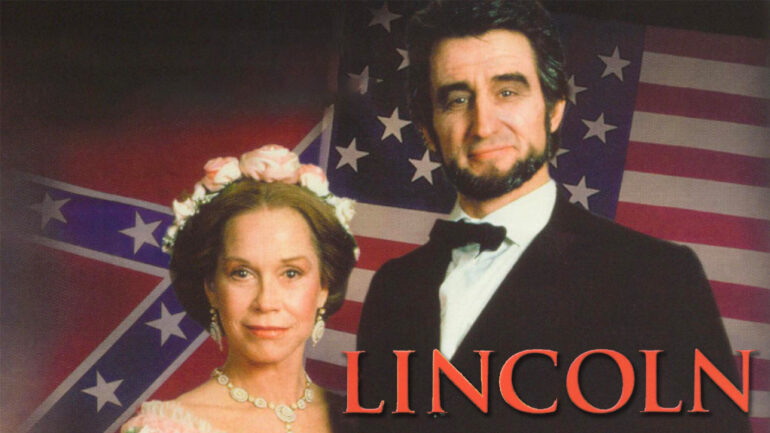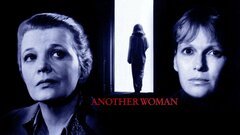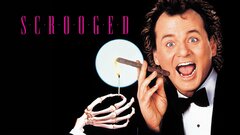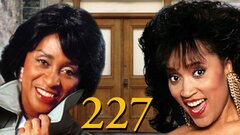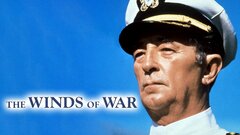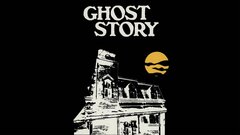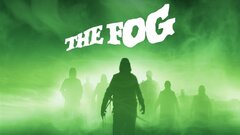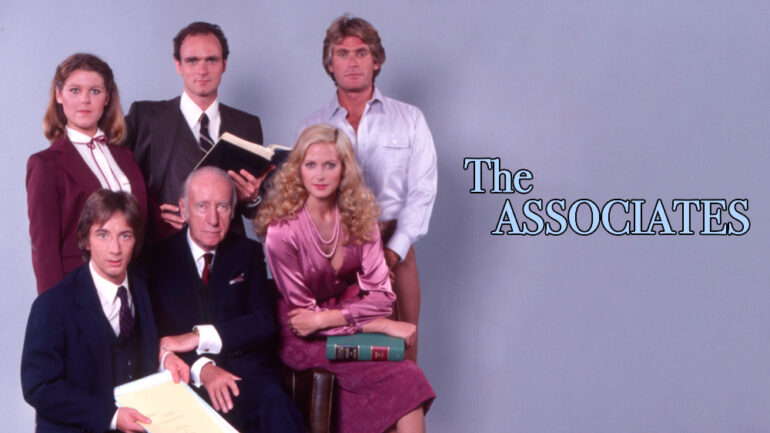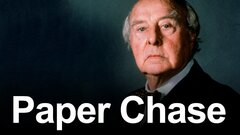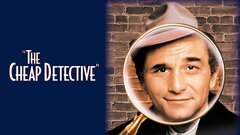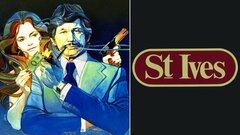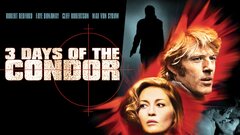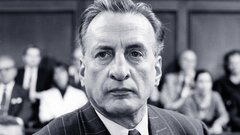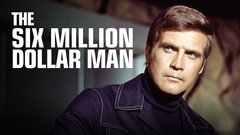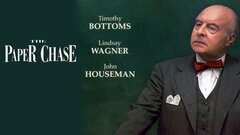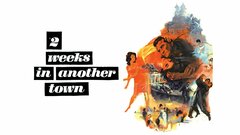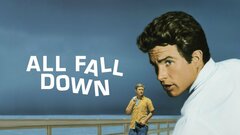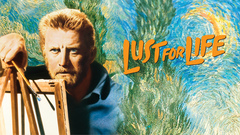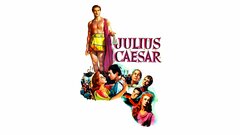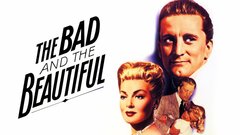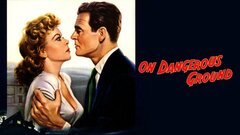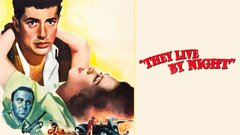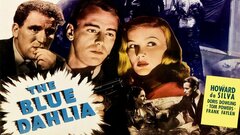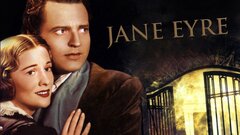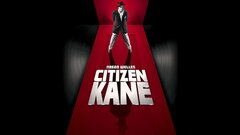Widely regarded as one of the most respected innovators of the American stage, John Houseman also enjoyed tremendous success as a producer, screenwriter and, perhaps most remarkable of all, as a character actor in a prolific later career, begun at the age of 70. Forced out of his lucrative international grain business by the Stock Market Crash of 1929, Houseman found a creative outlet alongside wunderkind Orson Welles at the Federal Theater Project.
Frequently controversial productions produced and directed by Houseman and Welles included the 1935 "voodoo" version of "Macbeth" and the historic labor union musical "The Cradle Will Rock" in 1936. After forming the Mercury Theater Company - responsible for the infamous "War of the Worlds" radio broadcast in 1938 - with Welles, he followed the young auteur to Hollywood, where he made significant contributions to "Citizen Kane" (1941).
A falling out over "Kane" brought an end to Houseman's relationship with the volatile Welles, although a successful career as a film producer kept him in the industry for more than 30 years. Then, just as he was about to retire, the 70-year-old Houseman became one of the most sought-after supporting actors in the years following his Academy Award-winning turn as a crusty, yet conscientious law professor in "The Paper Chase" (1973). Over the next 15 years, he would be seen in scores of feature films, television miniseries and commercial campaigns.
In a variety of professional roles, Houseman made immeasurable contributions to the mediums of stage, film and television. Born Jacques Haussman in Bucharest, Romania on Sept. 22, 1902, his mother was British, while his father was an Alsatian Jew of Romanian descent who owned a grain business. His father's substantial wealth and mother's background led him to be raised in the United Kingdom, where he was educated at Clifton College.
After becoming a British citizen, he entered the family grain business as an international speculator, traveling first to Argentina and later immigrating to the United States in 1924. Initially holding a seat on the Chicago Board of Trade, he was rendered nearly destitute by the Stock Market Crash of 1929. Moving to New York City, Houseman took on what little work there was to be had writing for various magazines and translating German and French works for the stage.
Houseman later had the tremendous good fortune to meet composer Virgil Thomson, who entrusted him to direct "Four Saints in Three Acts" (1934), an opera featuring an all-black cast and performing a libretto written by Gertrude Stein. Despite its success on Broadway and throughout the national tour that followed, it earned him the reputation as a maverick - a polite euphemism for troublemaker - and no mainstream offers were forthcoming.
In 1935, Houseman began a fruitful, albeit stormy creative partnership with the brash, enormously talented enfant terrible Orson Welles, then barely 20 years old. Ironically, the Depression that had destroyed Houseman's business led to many unique artistic opportunities, enabling the pair - under the auspices of President Roosevelt's Works Progress Administration - to form the Negro Theater Project. Houseman and Welles made history that year when they presented a controversial version of "Macbeth," set in Haiti, with voodoo priestesses playing the roles of Shakespeare's weird sisters.
Also established via the WPA's Federal Theater Project was a unit Housman and Welles dubbed Project 891, for which they mounted a successful production of Christopher Marlowe's "Doctor Faustus" in 1936. Controversy struck the following year as Project 891 prepared for the premiere of Marck Blitzstein's proletarian musical "The Cradle Will Rock." Viewed as communistic and leftist by government officials, the production was essentially shut down and the cast barred from the theater.
Undeterred, Houseman and Welles rented another venue nearby and after inviting hundreds of bystanders to join them, launched into an impromptu - and later legendary - performance of the musical. As acclaimed as the event was, it led to Houseman being fired from his position and Welles resigning immediately thereafter. It would not, however, be the end of their collaboration.
Emboldened by their critical success and newfound notoriety, Houseman and Welles went on to form the Mercury Theater Company in 1937. Of its many lauded productions, none was a notable as their modern dress interpretation of Shakespeare's "Julius Caesar," which drew clear parallels to contemporary socio-political themes. In 1938, they branched out with the immensely popular radio serial program "The Mercury Theater on the Air," which premiered with an adaption of Bram Stoker's "Dracula," featuring director Welles voicing the title role.
The radio program achieved an almost mythical infamy with its 1938 broadcast of H.G. Wells' "The War of the Worlds," which set off a nationwide panic after audiences who had tuned in to the program late mistook it for an actual news broadcast reporting on an alien invasion. Far from disgracing Welles, the headline-grabbing debacle only enhanced his image as a young genius, and without hesitation, Houseman followed him on to his next adventure.
That undertaking would prove to be nothing less than the motion picture long considered by many to be the greatest ever produced: the landmark film "Citizen Kane" (1941). Houseman, who while drawn to Welles' brilliance, had also seen firsthand the reckless, egocentric side of the young auteur and their previously strong relationship was by then showing signs of strain. Having worked closely with "Citizen Kane" screenwriter Herman Mankiewicz on structuring the tale and acting as a general advisor during pre-production, it was particularly galling to Houseman that he was given no official credit.
Almost as grievous were Welles' somewhat exaggerated claims as to his own contribution to the screenplay, overshadowing Mankiewicz's incredible work. It was Houseman's public statements to that effect which infuriated the megalomaniacal Welles, driving a lifelong wedge between the two. Houseman worked briefly as a vice president for David O. Selznick productions during this period until World War II broke out, at which point, among other endeavors, he went to work as the head of the Overseas Radio Division for the Office of War Information.
He also provided uncredited writing on the screenplay for Alfred Hitchcock's "Saboteur" (1942), then received his first screenwriting credit for "Jane Eyre" (1944), which, ironically, starred Welles as Rochester. In addition to his ongoing film work, Houseman kept his hand in the theater, producing and directing such Broadway productions as "Lute Song" (1946) and "King Lear" (1950), as well as dozens of other works by Shakespeare, Molière, Chekhov and Shaw, both on and off-Broadway for more than 30 years.
Houseman then embarked on an illustrious career as a film producer, collaborating with directors like Nicholas Ray for "On Dangerous Ground" (1951), several with Vincente Minnelli, including "The Bad and the Beautiful" (1952), and up-and-coming filmmakers like John Frankenheimer and Sydney Pollack. Houseman earned his only producing Oscar nomination for Best Picture for Joseph L Mankiewicz's version of "Julius Caesar" (1953). In 1956, against the counsel of friends and family, Houseman assumed the low-salaried position of artistic director for the new American Shakespeare Festival in Stratford, CT.
Subsequently, he served as artistic director of the Professional Theater Group at UCLA from 1959-1964 (which later evolved into the Mark Taper Forum Company) and the City Center Acting Company (1972-75), as well as producing director for the APA Repertory (1967-68). Having established the Drama Division of the prestigious Juilliard School - where he remained as director until 1976 - he also co-founded The Acting Company in 1972, a touring repertory troupe whose initial members included Kevin Kline, David Ogden Stiers and Patti LuPone.
Houseman stayed on as artistic director until 1986, the same year the John Houseman Theatre on NYC's Theater Row was dedicated in his honor. In all, Houseman helped to establish nine theater companies during his lifetime. The final chapter of Houseman's impressive career happened not by design, but by chance. Even as he contemplated retirement, the 70-year-old Houseman was approached by director James Bridges, a former assistant from his days with UCLA's Professional Theater Group, about appearing in his new film, a law school drama called "The Paper Chase" (1973).
His performance as the intimidating, patrician law professor Charles W. Kingsfield, Jr. earned Houseman an Oscar for Best Supporting Actor, and led to his reprisal of the character on the television series of the same name for CBS and Showtime. Suddenly in great demand in front of the camera, the veteran producer-director also became the spokesman for the brokerage firm Smith-Barney for a series of ads in which he assured prospective clients that "They make money the old-fashioned way they earn it."
More supporting roles as authoritarian figures followed in films like the Robert Redford-Faye Dunaway conspiracy-thriller "Three Days of the Condor" (1975) and the James Caan vehicle "Rollerball" (1975), which envisioned a world where corporations had replaced elected governments and a brutal blood-sport became a substitute for global warfare.
On television, Houseman also played Winston Churchill in the "Hallmark Hall of Fame" presentation of "Truman at Potsdam" (NBC, 1976) and lent his imposing presence to an impressive array of miniseries, including "Captains and the Kings" (NBC, 1976) and "The Last Convertible" (NBC, 1979). He proved a favorite among horror filmmakers, including John Carpenter, who cast him as a teller of supernatural tales in "The Fog" (1980). The following year, he teamed with an all-star cast of elderly film legends that included Fred Astaire, Douglas Fairbanks, Jr. and Melvyn Douglas for an adaptation of novelist Peter Straub's macabre "Ghost Story" (1981).
He showed a somewhat softer side in the recurring role of Grandpa Stratton on the Ricky Schroder sitcom "Silver Spoons" (NBC, 1982-87). Despite his failing health, Houseman worked constantly throughout his final year, appearing in two television miniseries and four feature films, including Woody Allen's "Another Woman" (1988) and the Michael J. Fox drama "Bright Lights, Big City" (1988). When at last he did succumb to the effects of the spinal cancer that had been plaguing him, Houseman died on Oct. 31, 1988 - the 50th anniversary of the "War of the Worlds" radio broadcast.
His final appearances on film, brief cameos in the comedies "The Naked Gun: From the Files of Police Squad!" (1988) and "Scrooged" (1988), were released posthumously. John Houseman was 86 years old. By Bryce Coleman

